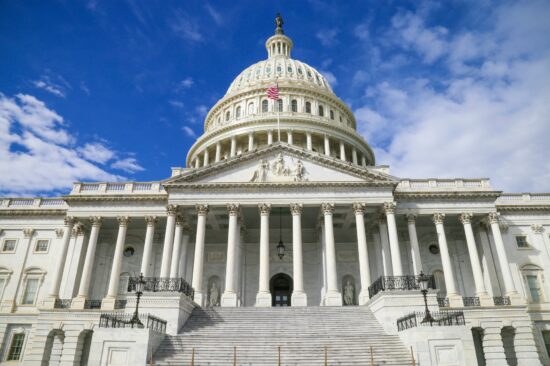Southern Baptists affirm adoption as a central theological theme for our communities. We adopt because we ourselves were adopted through Christ into the family of God. A recent resolution of the Southern Baptist Convention stated this aspiration, “We pray what God is doing in creating an adoption culture in so many churches and families can point us to a gospel oneness that is determined not by ‘the flesh,’ or race, or economics, or cultural sameness but by the Spirit, unity, and peace in Christ Jesus.”
Unfortunately, there are ongoing attempts to bar from child-welfare programs faithbased organizations that believe marriage is between a man and woman. In 2018, Philadelphia barred Catholic Social Services from placing children in homes unless it changed its teaching on marriage. In 2019, the Attorney General of Michigan cancelled a contract for foster-care and adoption services with St. Vincent Catholic Charities citing a federal rule from the Department of Health and Human Services (HHS). The cited rule was set in place in January 2017 as a last-minute attempt by the Obama Administration to redefine federal nondiscrimination policies in a way that excluded many faith-based groups.
The Trump Administration proposed an HHS regulation that will help ensure the child welfare system remains about the welfare of children. The rule was proposed in November 2019 to bring the department’s regulations back in line with all other federal nondiscrimination law and Supreme Court precedent. The plight of over 435,000 children in foster care and 115,000 waiting to be adopted in the U.S. warrants a resounding call to make available as many safe and loving homes as possible.
This rule ensures no one is prevented from serving on the basis of their sincerely held beliefs. The previous Administration’s rule, like the laws in several cities and states, actually decreased the number of providers serving children. When faith-based providers are pushed out, the rate of youth aging out of foster-care without being adopted trends up as happened in Massachusetts, and the number of foster homes available plummets as happened in Illinois.
Christians are among the most motivated in American life to open their homes to children in need. Faith-based agencies should not be barred from providing foster-care and adoption services because of their theological convictions. The HHS rule change is an important start in the right direction.









